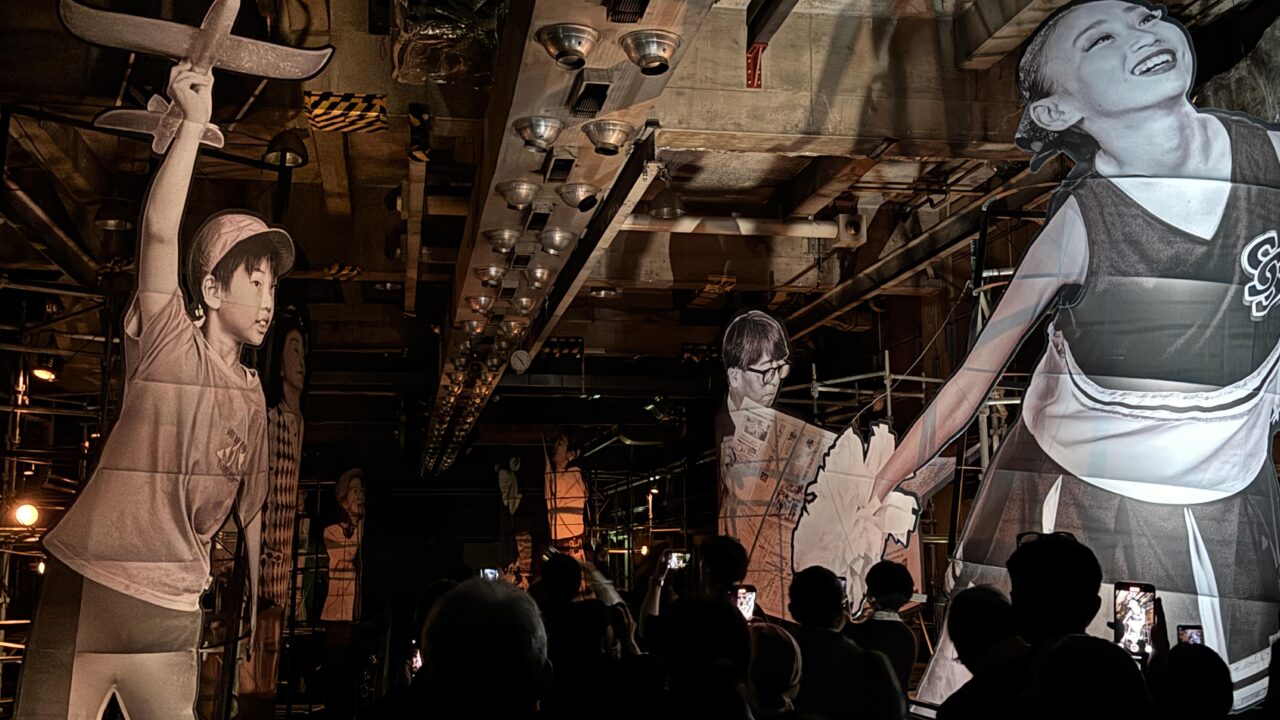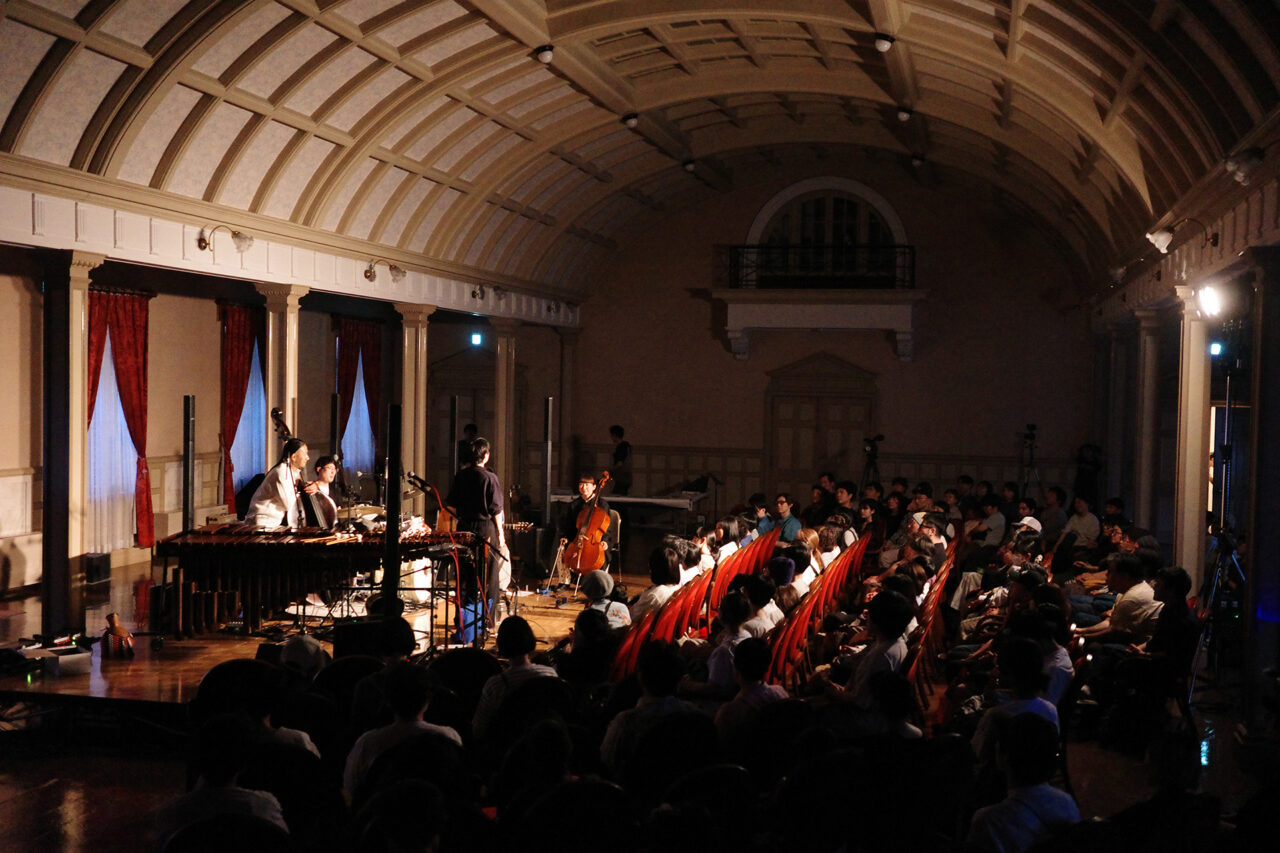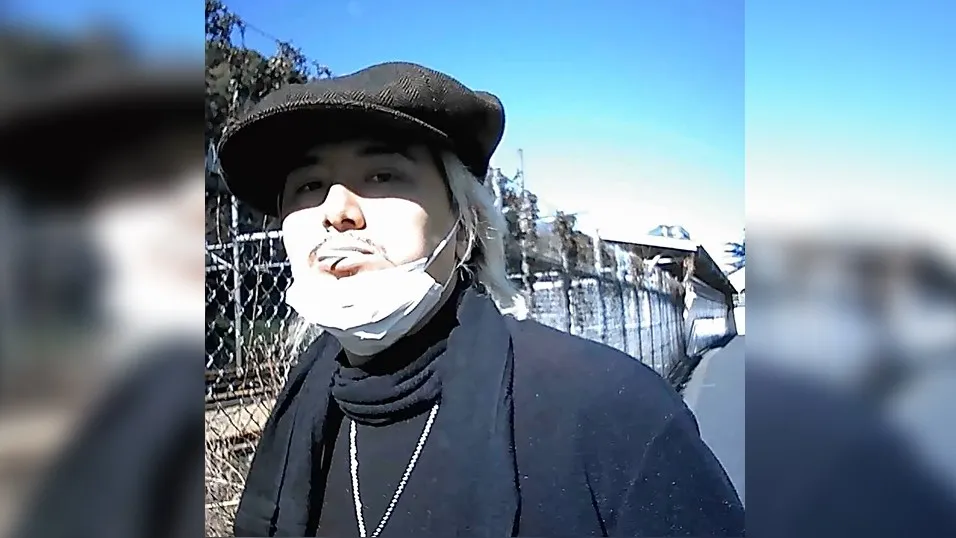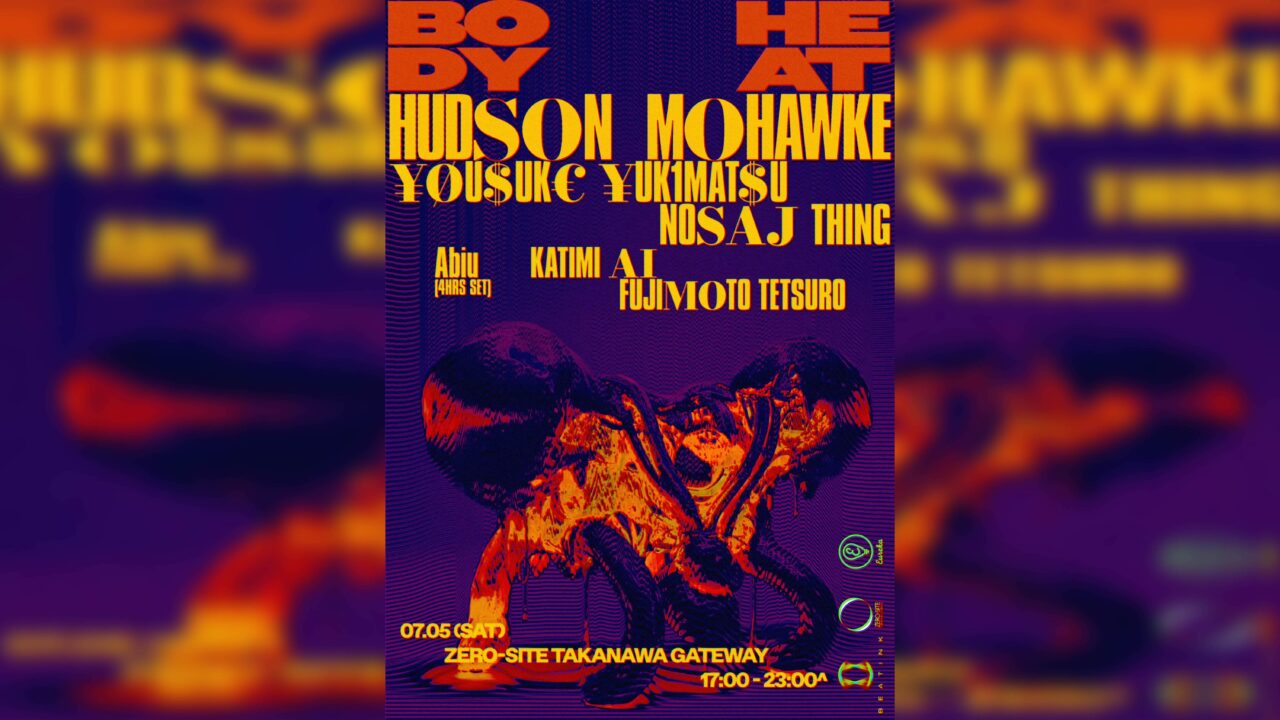Exclusive distribution of the movie “September 1923” began on December 15 (Fri.) on the video distribution service “U-NEXT.

The film is the first feature-length feature film directed by Tatsuya Mori, known for his documentary films “A” and “I -Documentary of the Journalist-,” and is based on an actual incident in which Japanese mistaken for Koreans were massacred by Japanese due to group psychology born from the Great Kanto Earthquake in 1923. Arata Iura plays the main character Sawada, who was a teacher in Korea under Japanese rule but returned to Japan with a broken heart. His wife, Shizuko, is played by Rena Tanaka, and Eita Nagayama plays Numabe, who leads a medicine peddler from Kagawa.


The film, which was originally planned to be released in mini-theaters, has been a long-running hit, with screenings continuing even now, more than three months after its release on Friday, September 1. The film was also highly acclaimed overseas, and at the 28th Pusan International Film Festival held in October, it won the Competition New Currents Award (Best Film in the New Currents section).
In conjunction with the exclusive distribution of “The Fukuda Village Incident,” U-NEXT SQUARE, a media outlet operated by U-NEXT, has published an exclusive interview with Director Mori, in which he discusses his thoughts on the film.

September 1923
Distribution starts at 12:00 on December 15, 2023 (Fri.)
[Price] 990 yen (tax included) / Viewing period: 3 days
[Viewing page] https://video.unext.jp/title/SID0095586
CAST:
Arata Iura, Rena Tanaka, Eita Nagayama
Masahiro Higashide, Komuai, Asou Kirayu, Yuya Matsuura, Yuka Mukori
Rairin Sugita, Shinsuke Katoh, Pierre Taki, Dr. Suidobashi
Kosuke Toyohara, Akira Emoto
Director: Tatsuya Mori
Screenplay: Toshimichi Saeki, Junichi Inoue, Haruhiko Arai
© “September 1923” Project 2023
<Story>
After a century, a groundbreaking Japanese film emerges, inspired by a true story. On September 1, 1923, at 11:58, the Great Kanto Earthquake struck, followed by a harrowing incident just five days later on September 6. In Fukuda Village, Higashi-Katsushika County, Chiba Prefecture, more than 100 villagers, including vigilantes, took the lives of nine people—among them, an infant and a pregnant woman. These victims, part of a group of 15 drug peddlers from Kagawa, were suspected of being Koreans and were killed merely for speaking in Sanuki dialect. The vigilante group’s eight members were arrested, though they were later released under a pardon related to the death of Emperor Taisho. This tragedy, known as the “Fukuda Village Incident,” had remained obscured in the shadows of history for a century.
It serves as a poignant reminder that when misinformation, fear, and survival anxiety misguide people, the collective consciousness can spiral out of control, leading to mob mentality. This incident is not just a relic of the past; it resonates as a narrative for those of us living in the present.


























